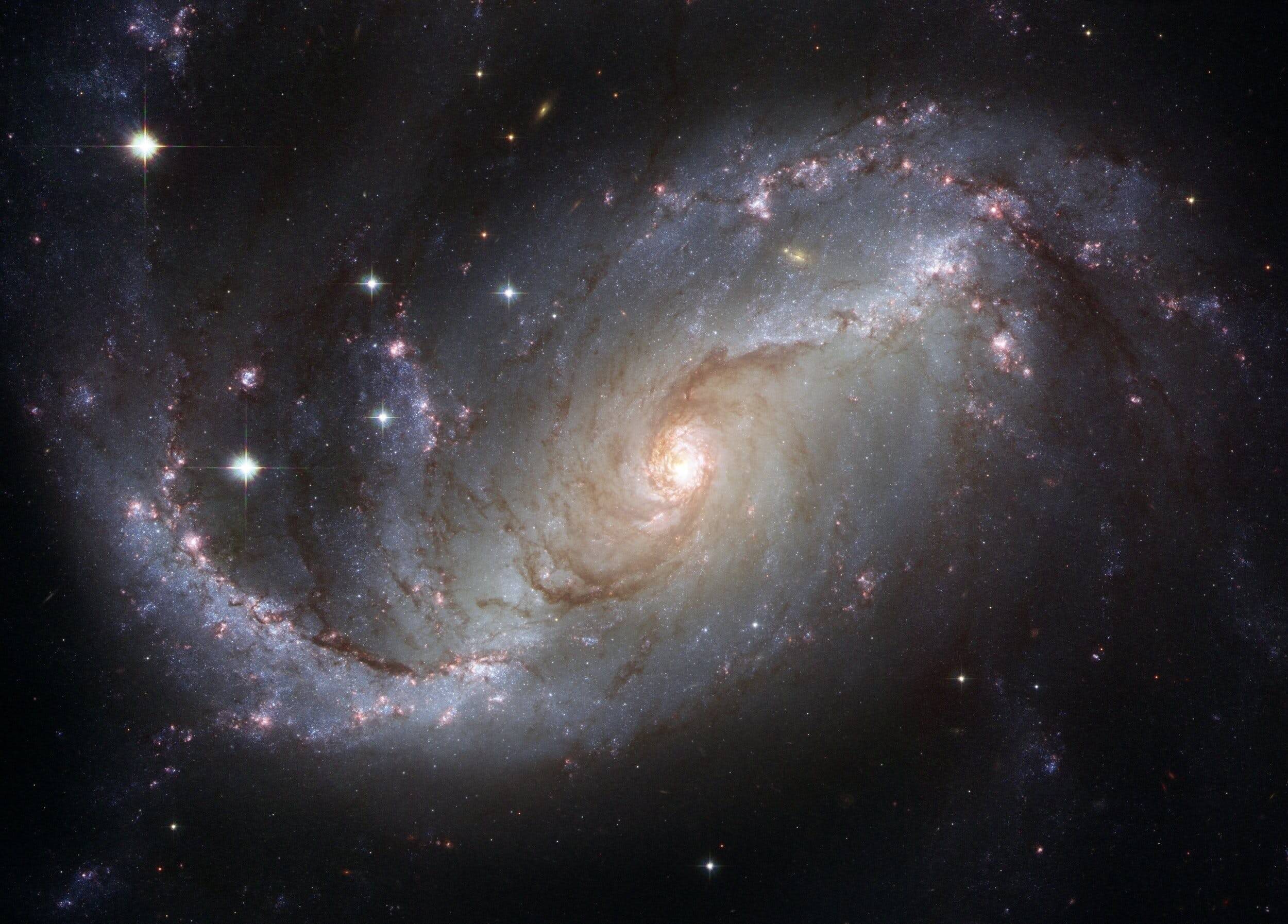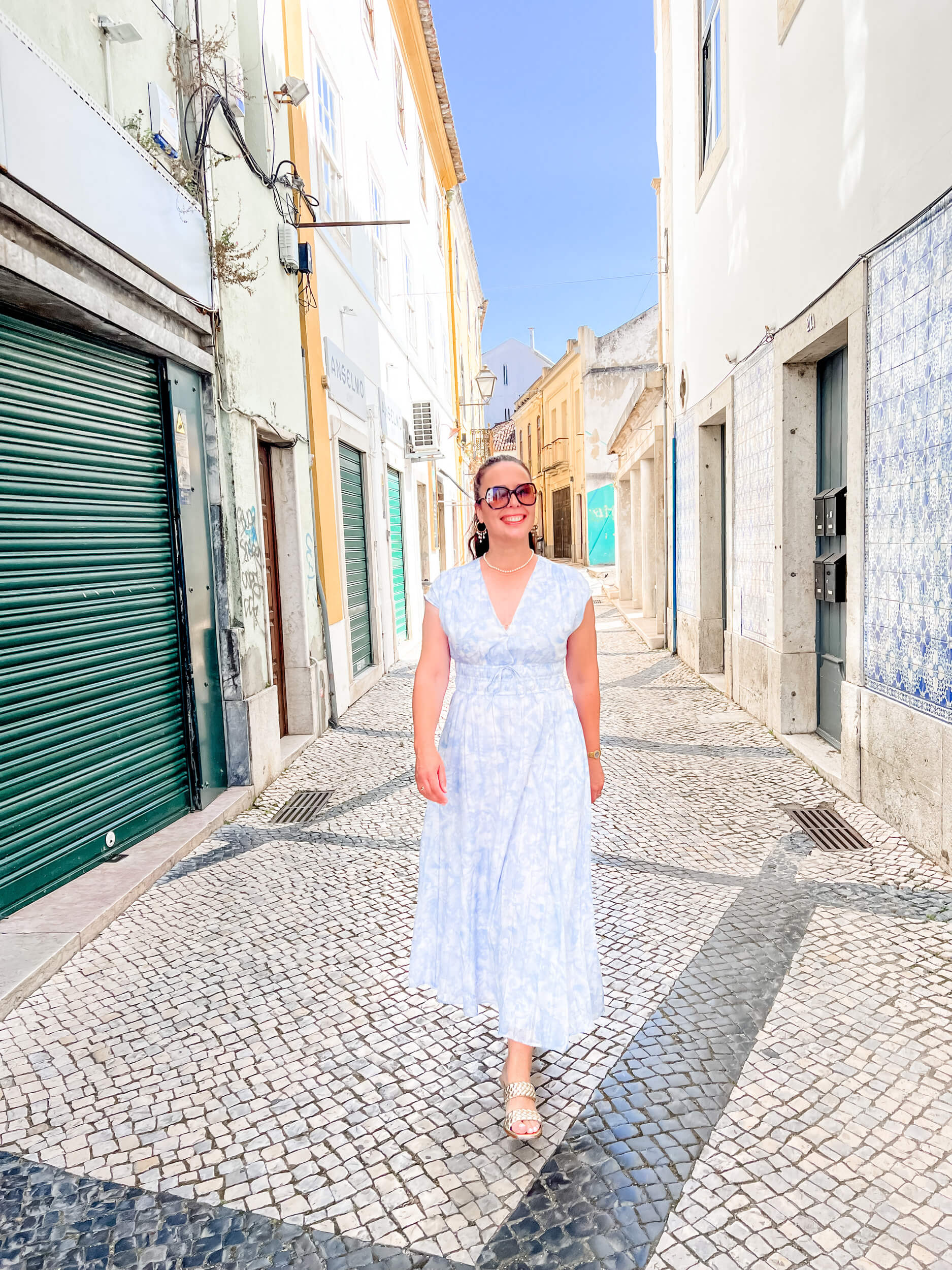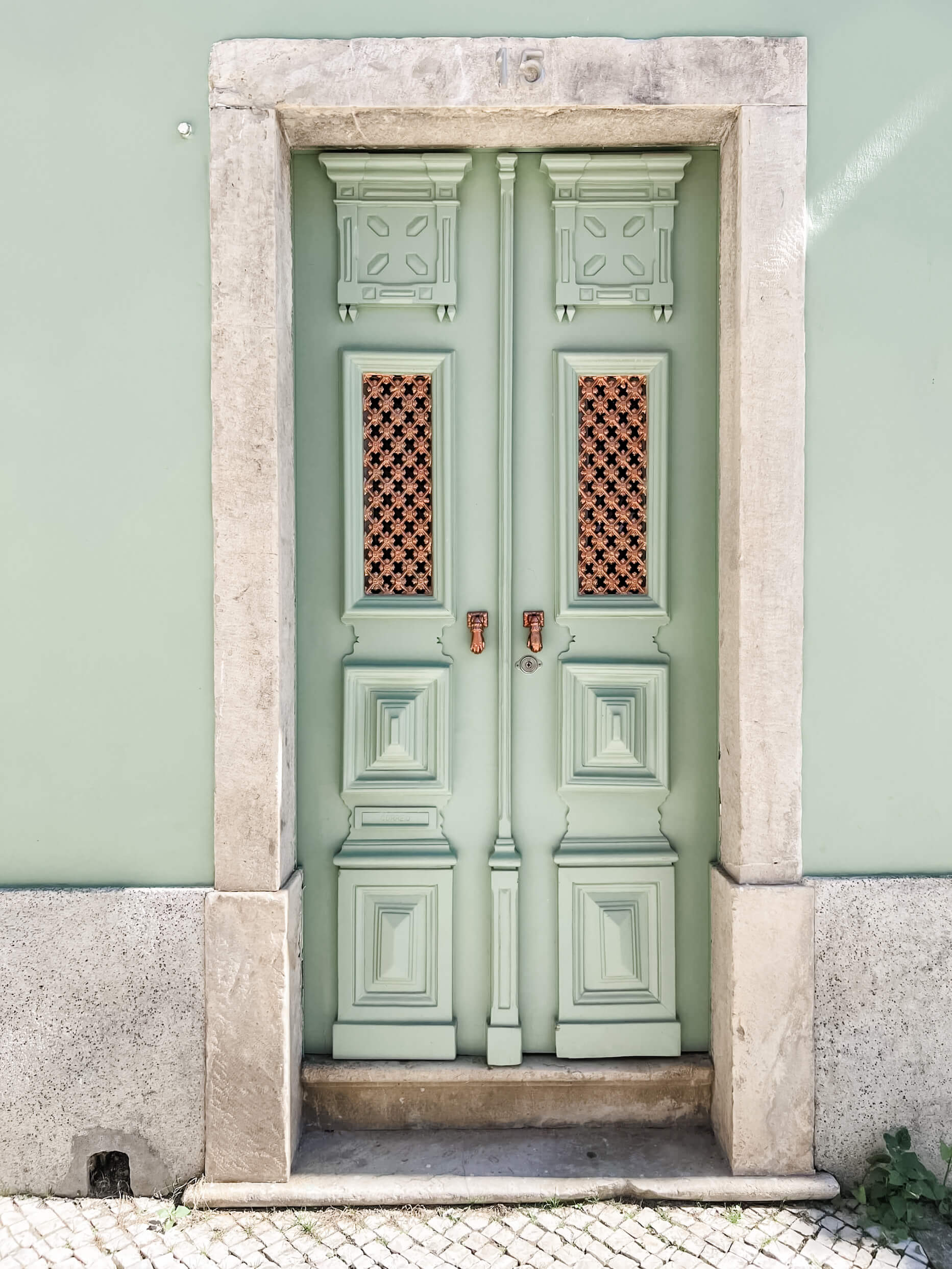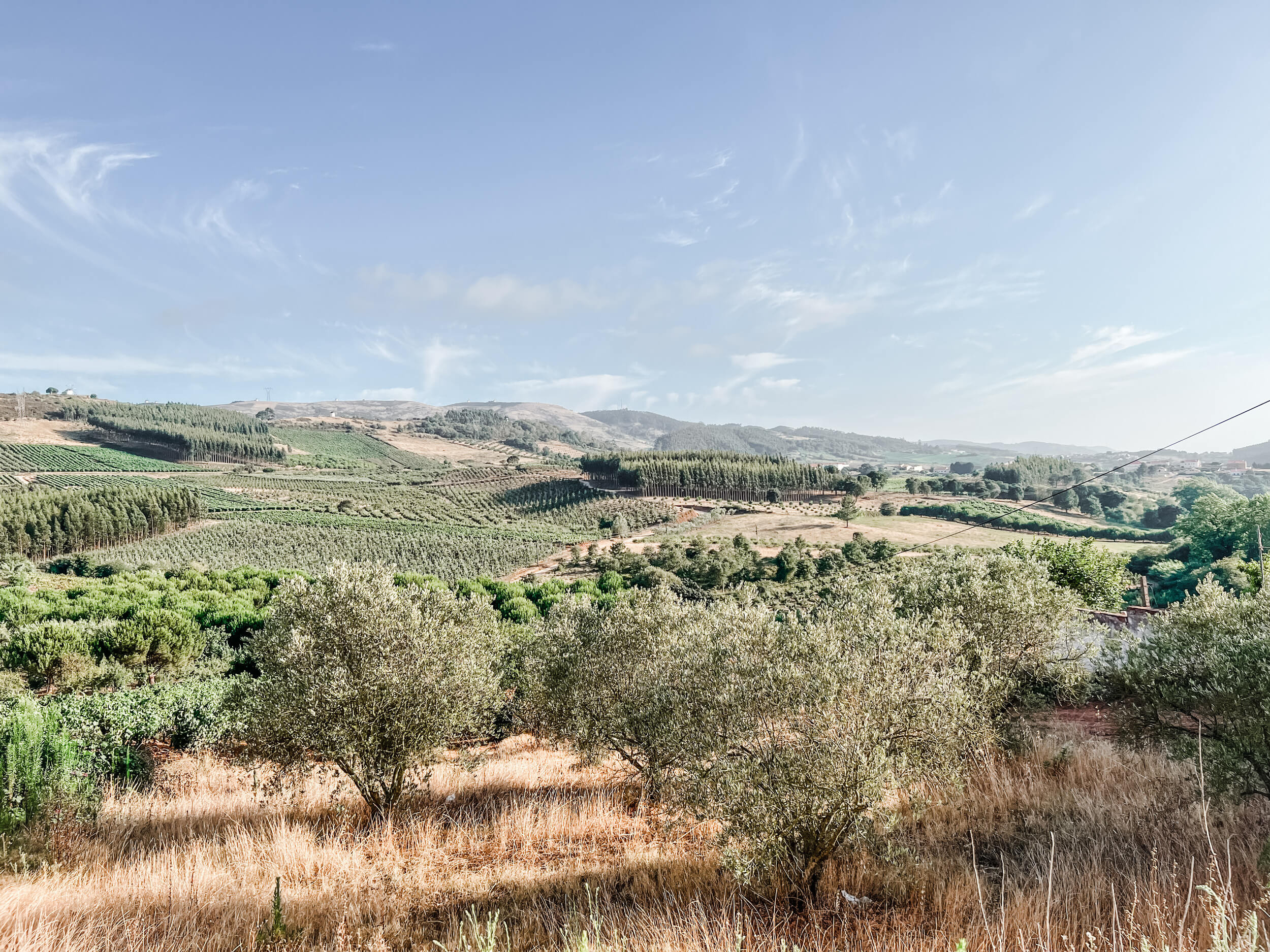The start of a new year, for many of us, brings a reassessment of our goals and plans. Do we do some type of resolution or are they a waste of time? While it could be a question of whether you are, what you call in the writing world, a planner (someone who has a detailed plot of your story) or a pantser (you write without any set plan; a more go with the flow type approach), the deeper question is where you stand in the fate vs. free will debate.

If you feel that fate plays a huge role in our lives, then you might decide to be more of a pantser, to plan as you go, depending on what fate hands you, or in some cases, throws at you. However, if you believe that free will is most important in deciding the course of your life, then you probably will to do a list for the year, with an attitude that to achieve your goals, you must take the necessary steps to achieve your goals and resolutions.
What does Shakespeare say about fate vs. free will?
From years of asking this question, most especially when I have taught Shakespearean drama, I have found that most people are somewhere in the middle of the fate vs. free will debate.
Perhaps there is no other playwright most revered to writing about the human condition as Shakespeare, so it’s interesting to see if he can offer us any insight into how this question of fate vs. free will plays out in our own lives. In Hamlet, Shakespeare writes:
Our wills and fates do so contrary run,
Hamlet, Act III, scene ii, l.202-3
Yet, in Julius Caesar, he also writes:
Men at some time are masters of their fates.
Julius Caesar, Act 1, scene ii, l. 134
About two-four years after beginning these two plays, he completes Othello, where he asks:
Who can control his fate?
Othello, Act V, scene ii, l. 264
This leads me to wonder if something happened in Shakespeare’s life to bring him to ask this question, with an undercurrent of defeat and bitterness. Were his life choices thwarted, somehow, by fate?
The question of fate vs. free will is a deeply personal question, taking into account our philosophy of life, our religious beliefs and past experiences, and so, without a right or wrong answer. Perhaps that’s why it can be fun to ask at a small gathering of friends, provided specific examples from one’s life are provided. Something that will leave us in awe of how sometimes fate and free will interplay with one another.
Serendipity
Sometimes, it’s been called serendipity, which is another idea tied in very much to fate vs. free will. Many believe that serendipitous happenings bring both fate and free will together. Some will call this a coincidence; others will say that something was meant to be; still others will call this luck. What is special about serendipitous events is that remind us that there are moments in time, in our own lives when our free will is embraced by fate.
The stars align.
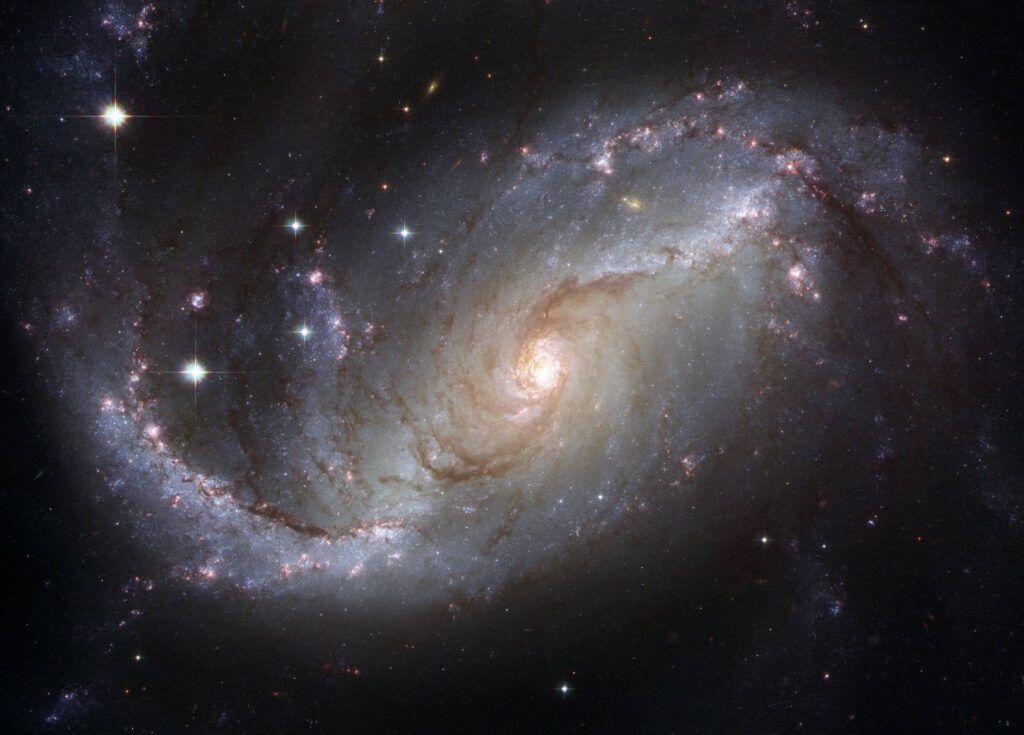
Where do you stand on this debate? Why? Has anything happened in your life that you can share that made you decide? Let me know in the comments below.
-Isabel
